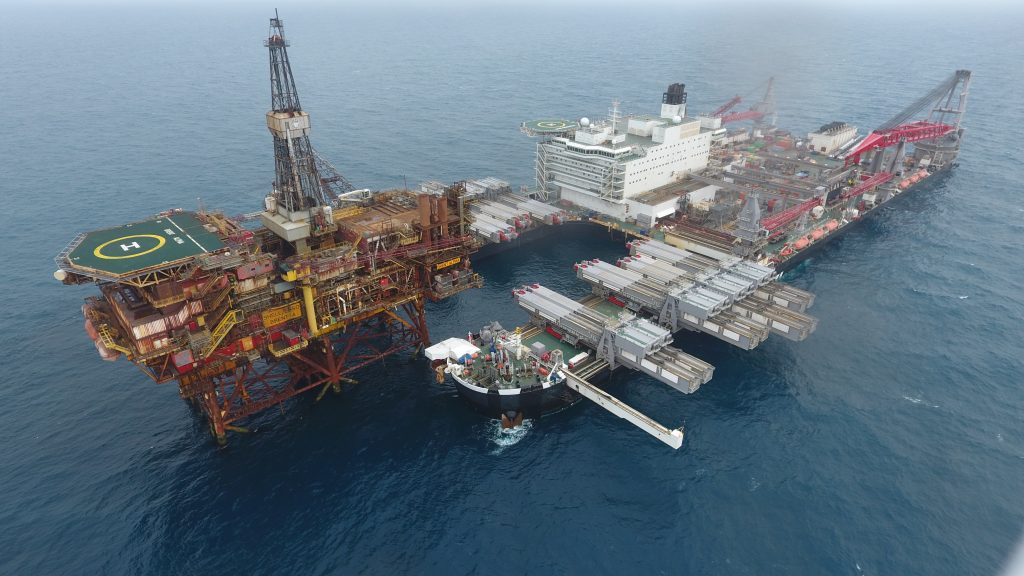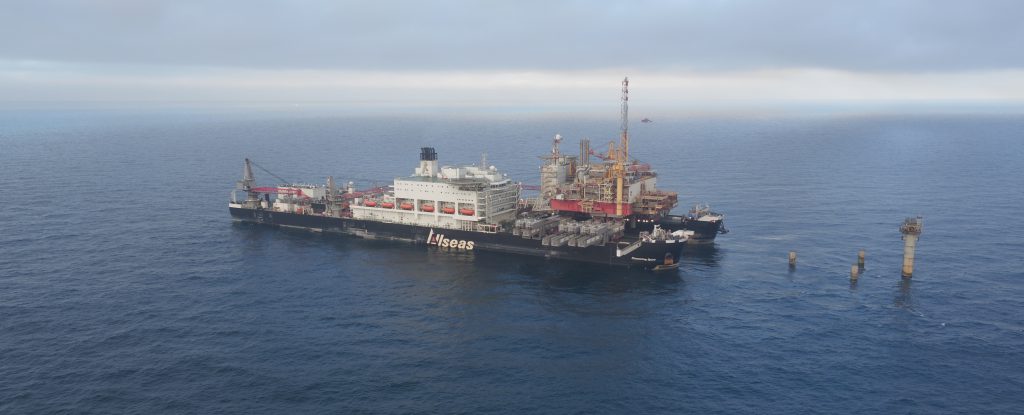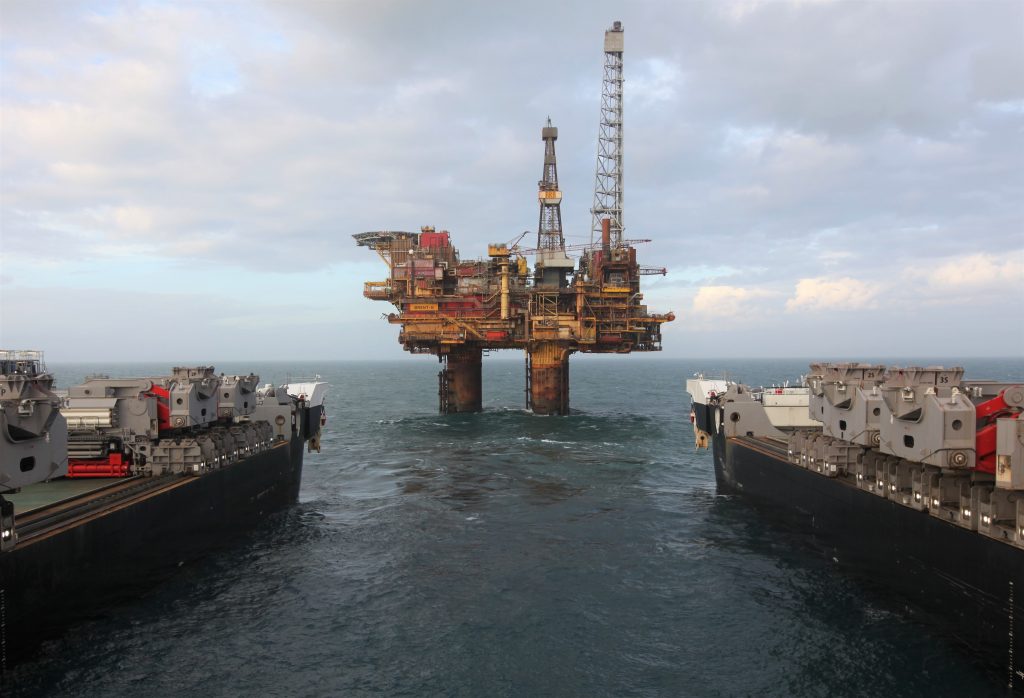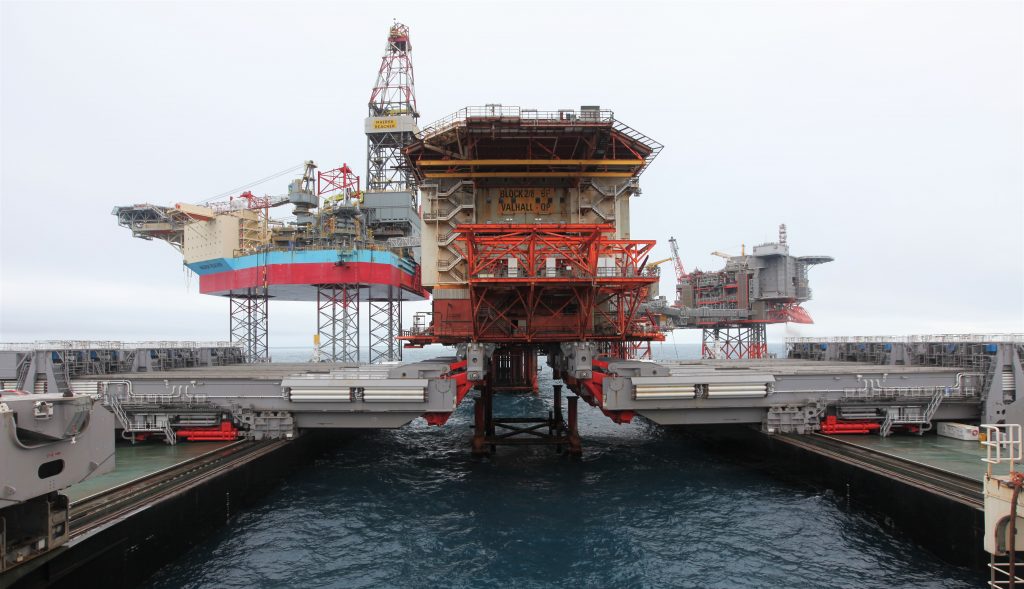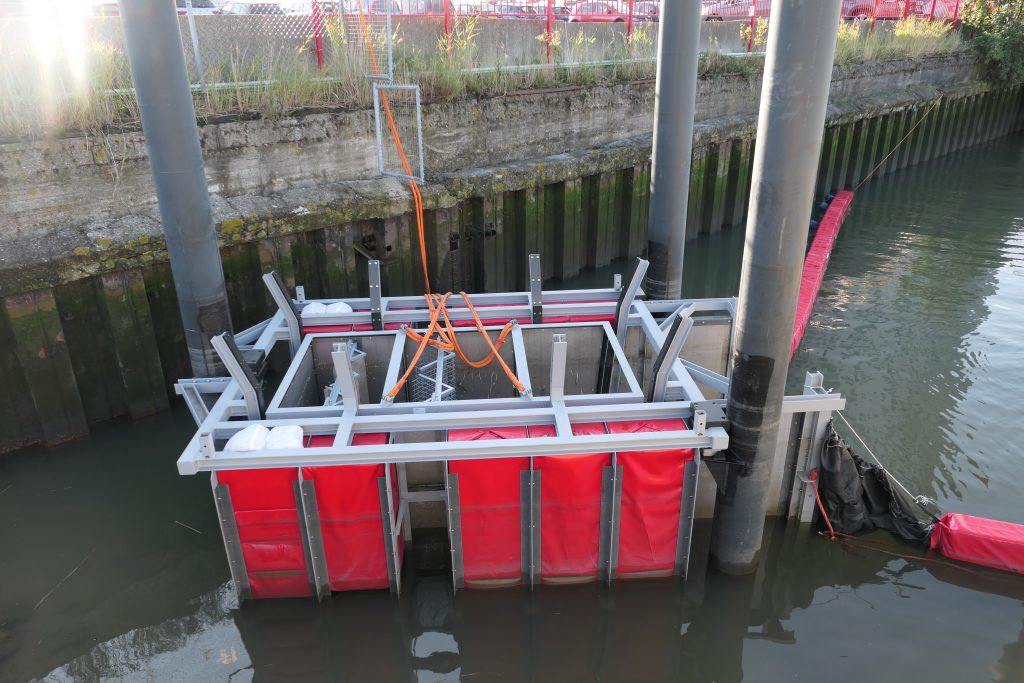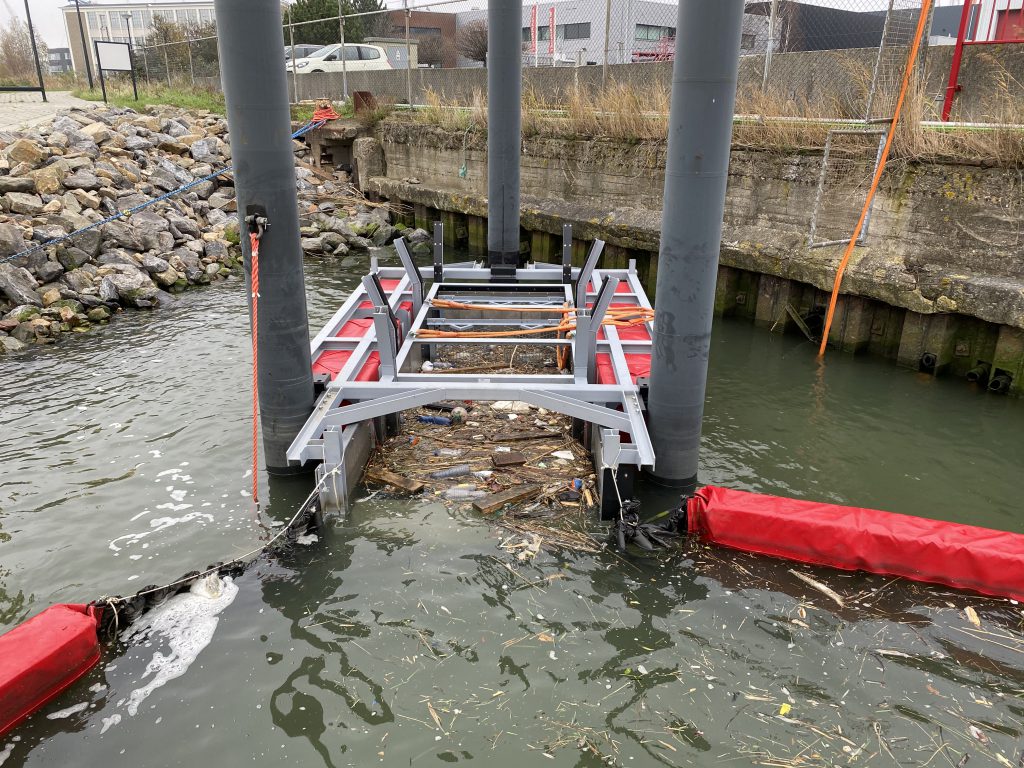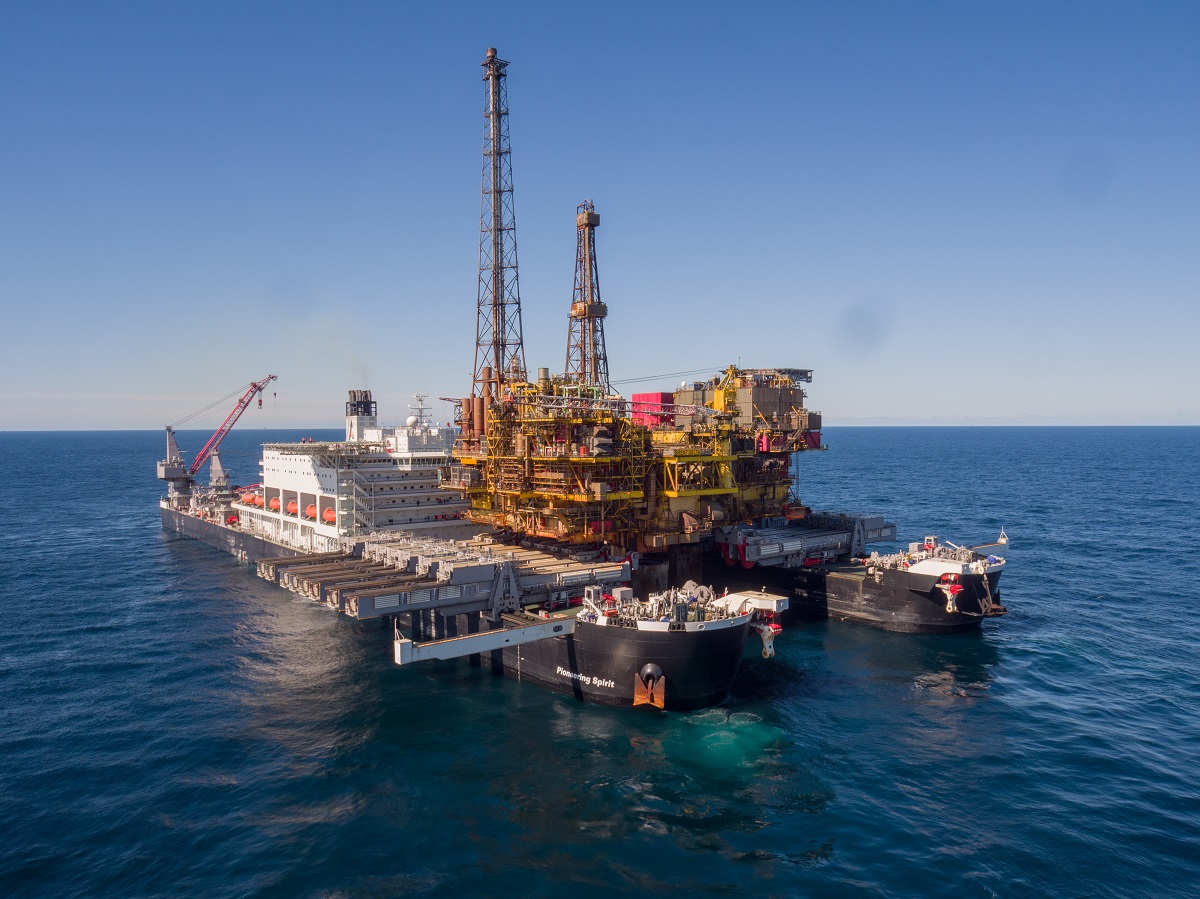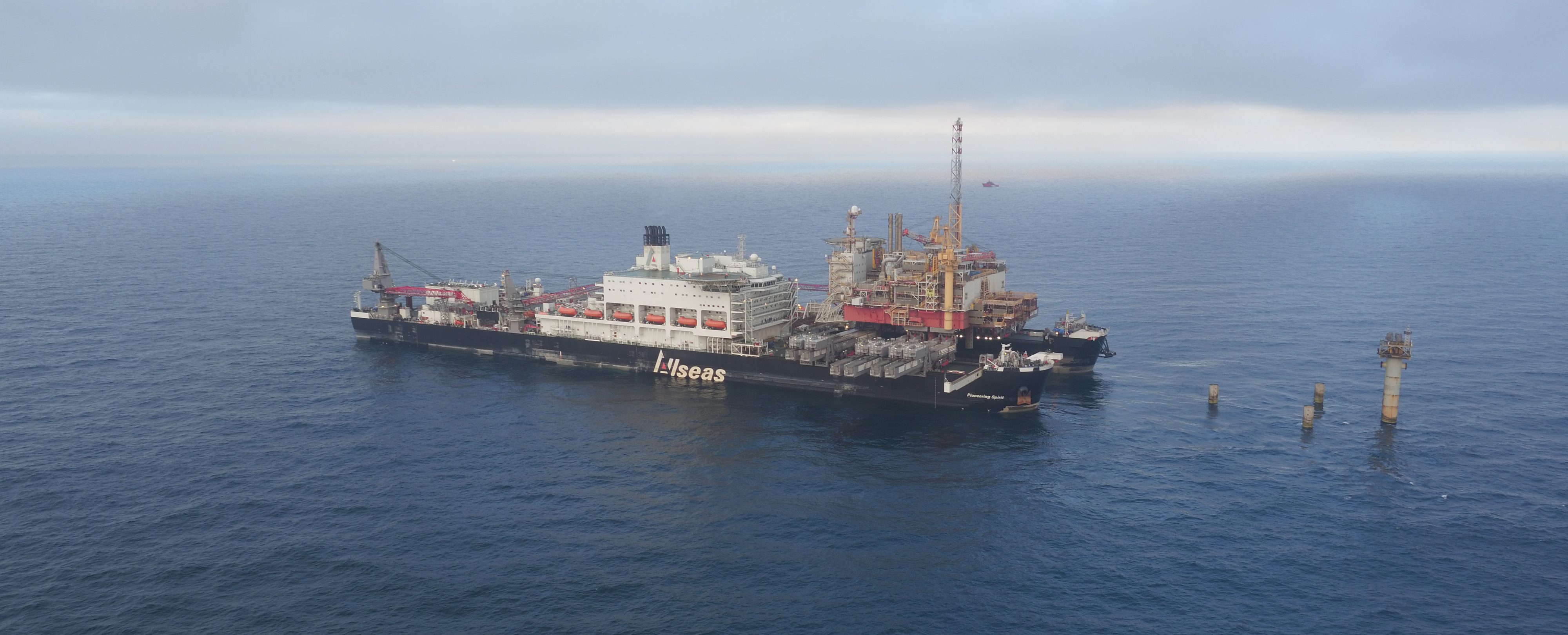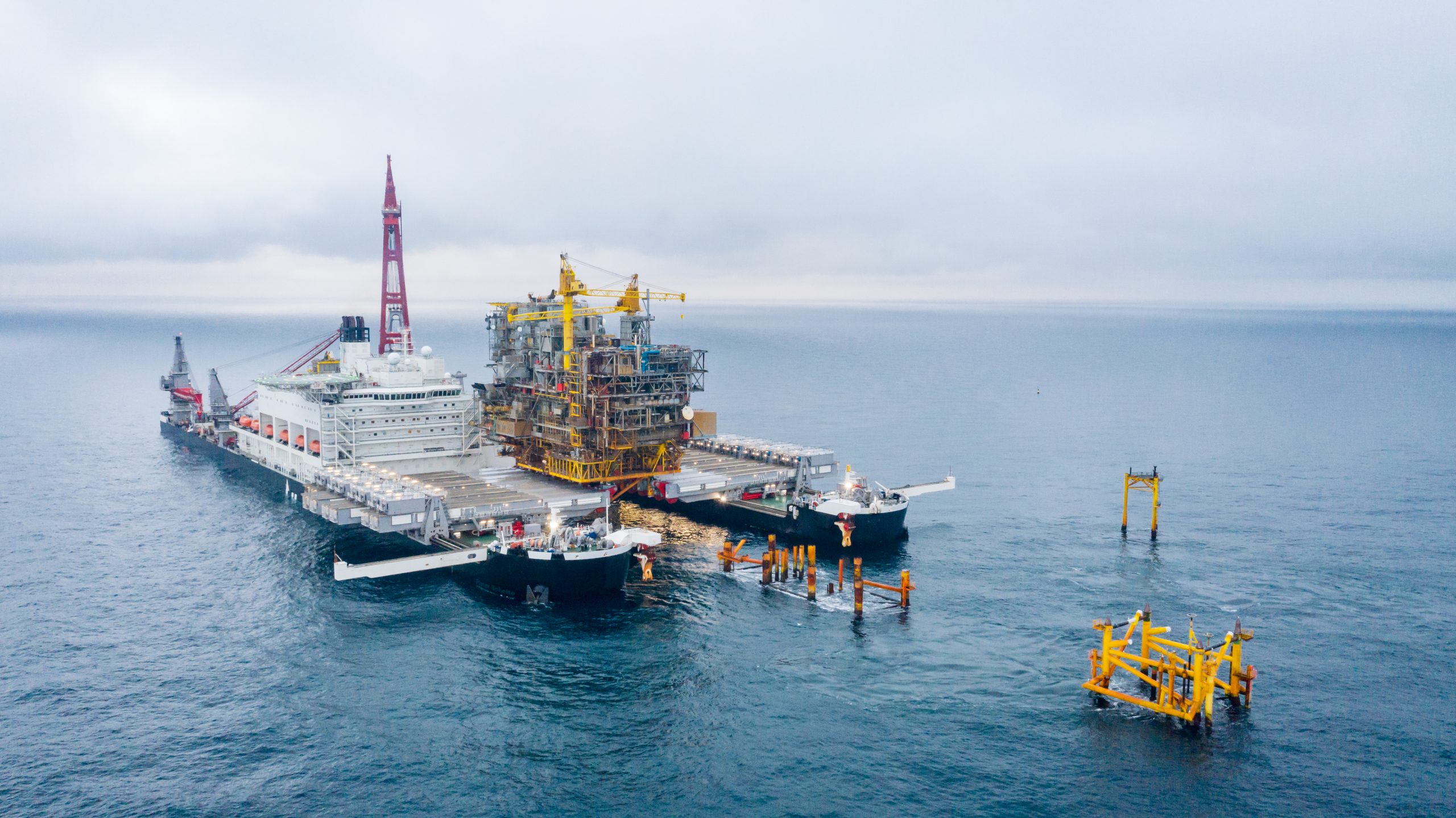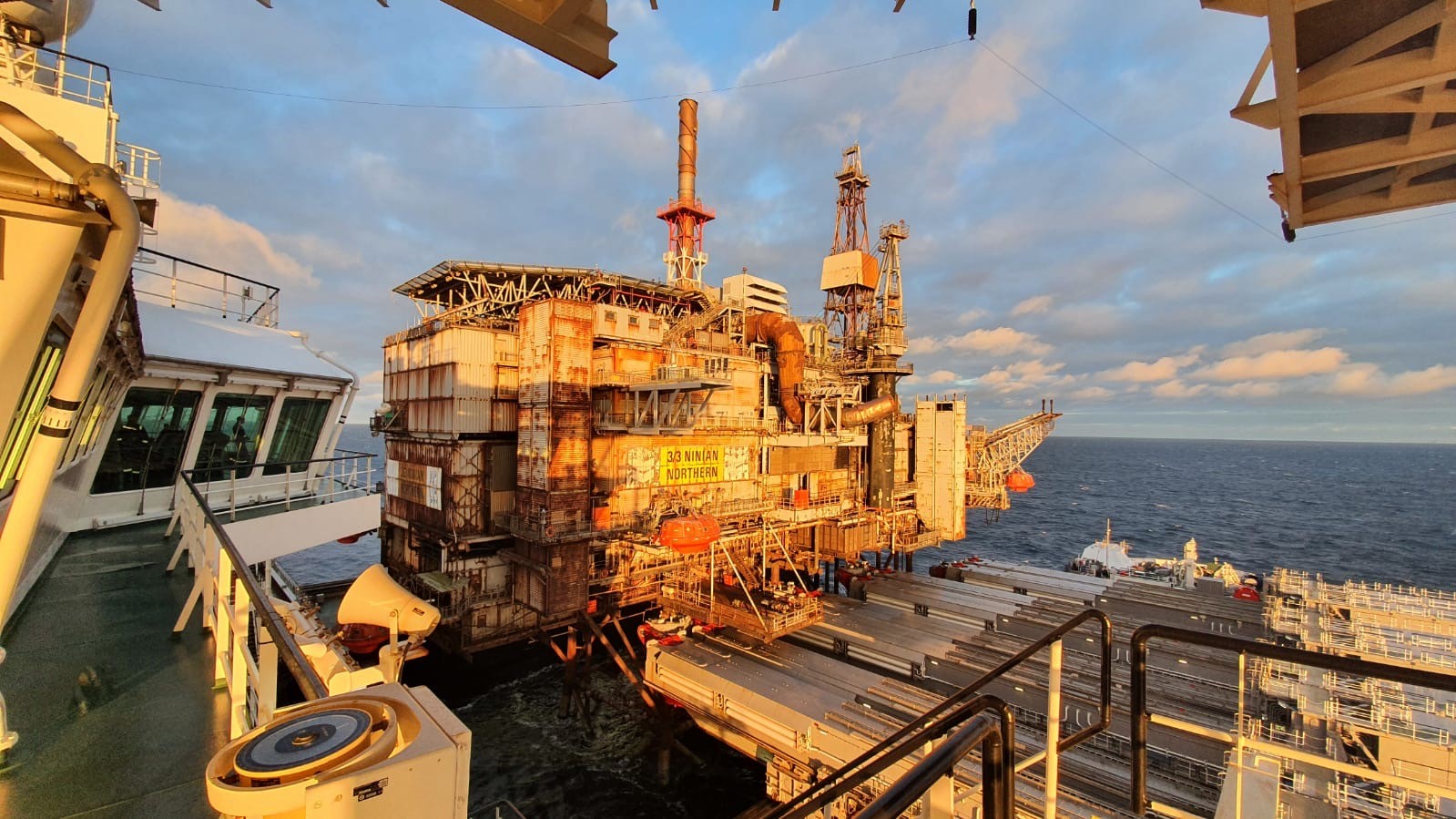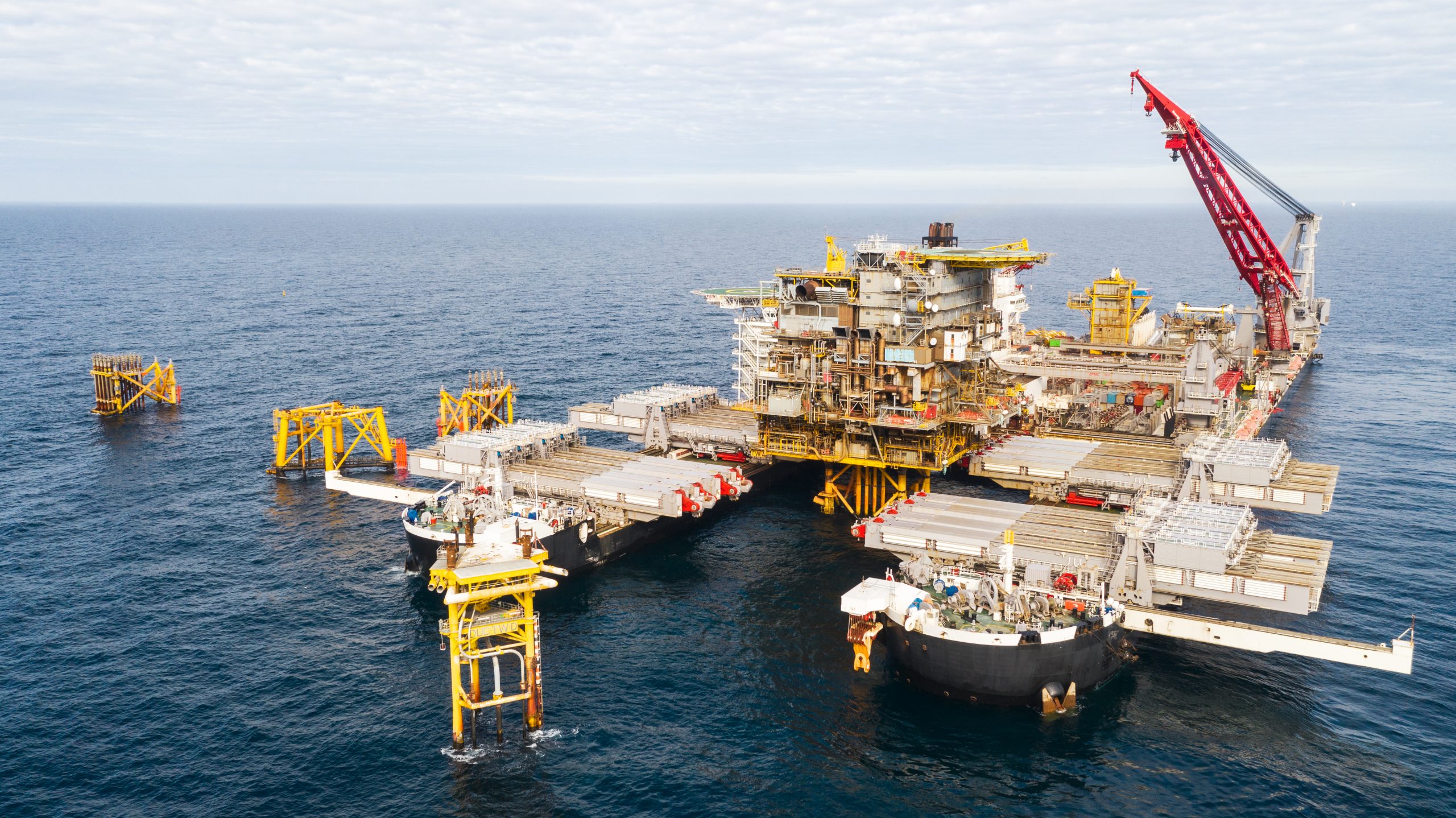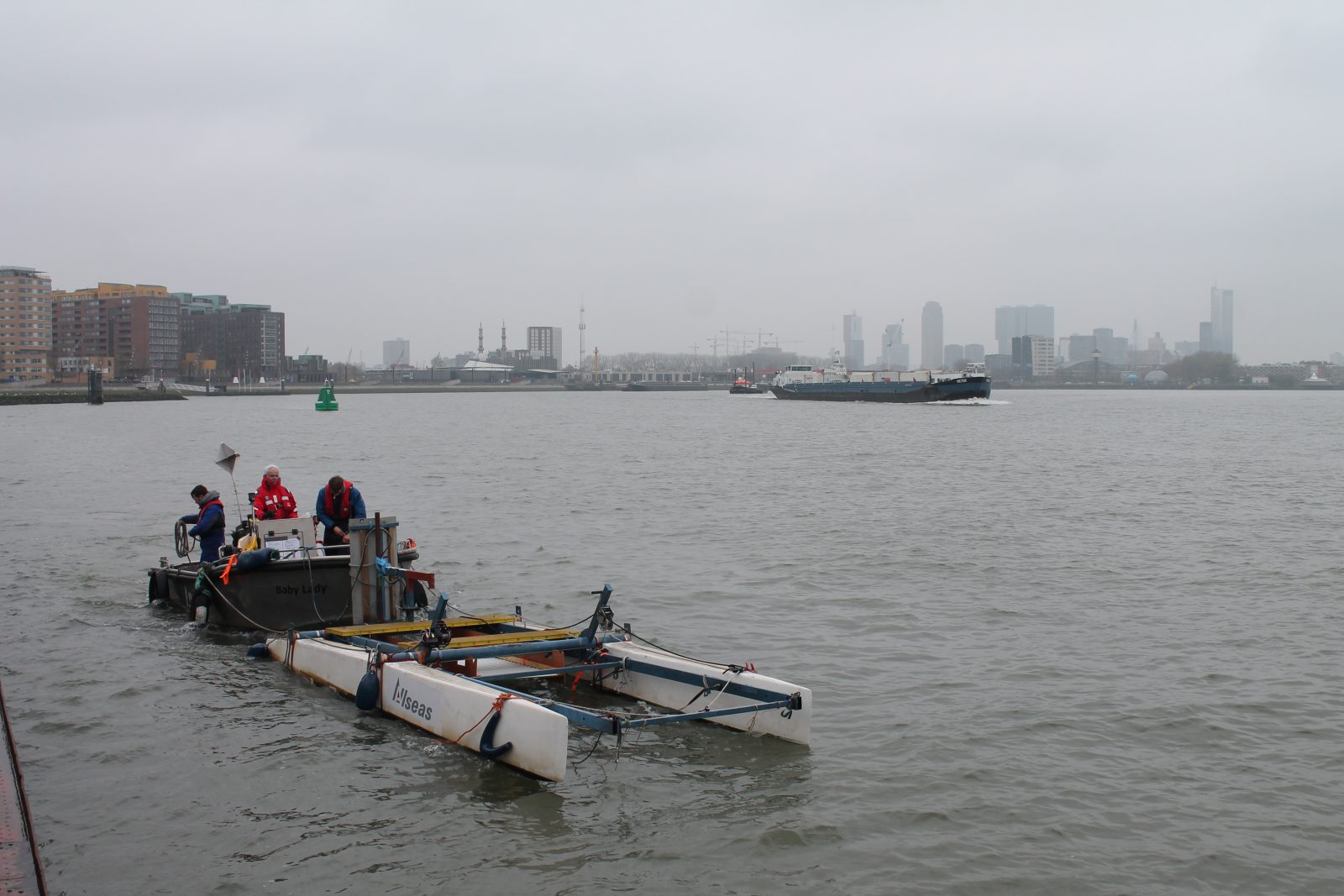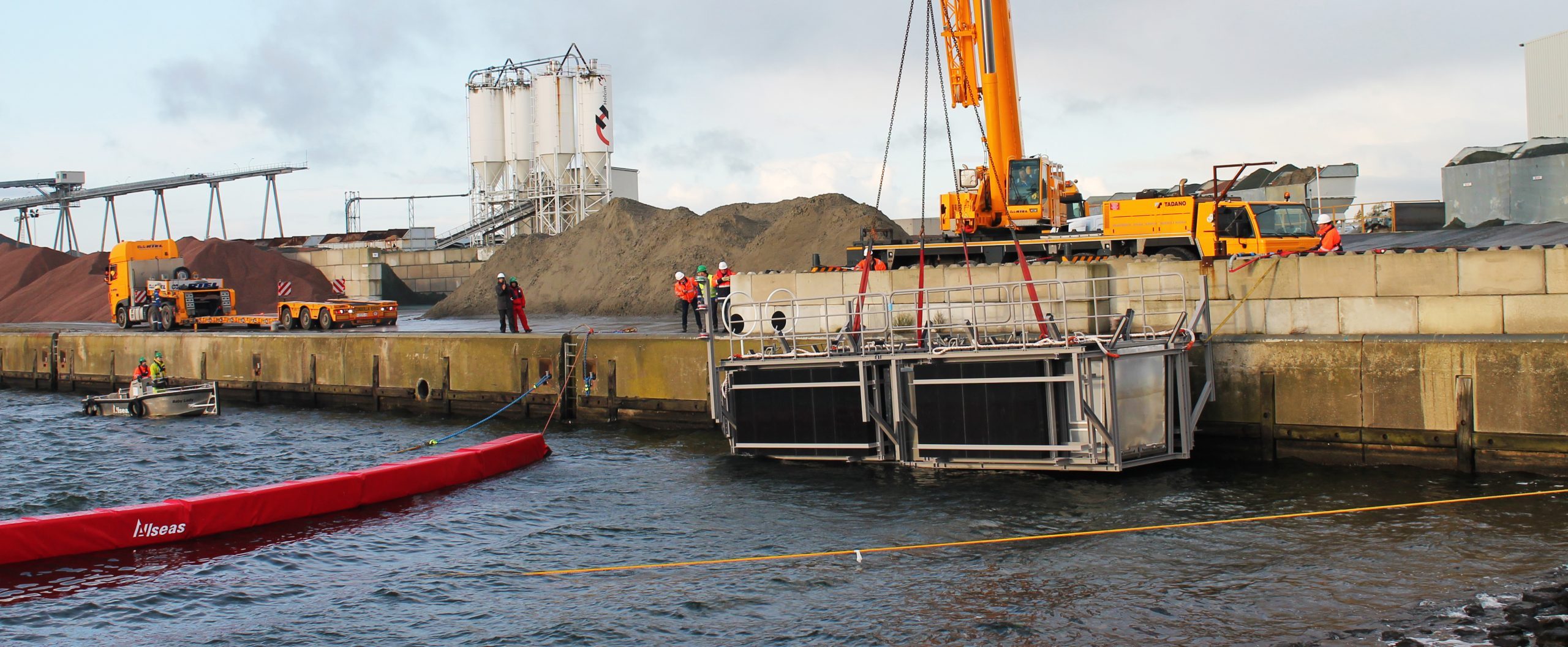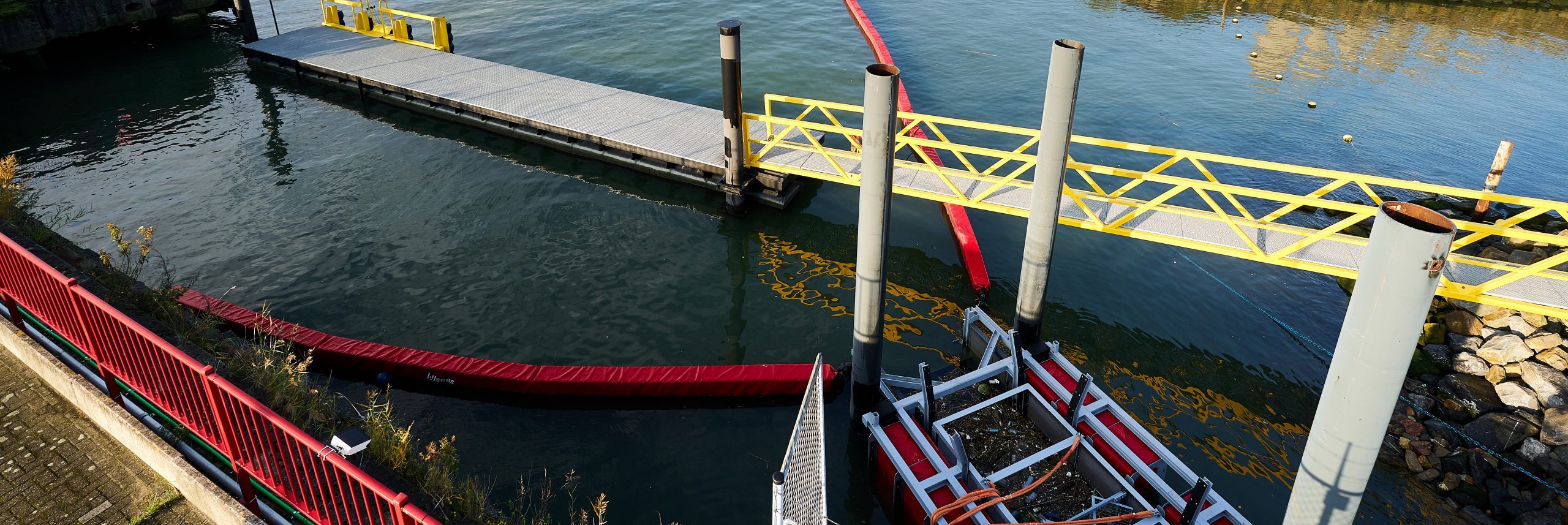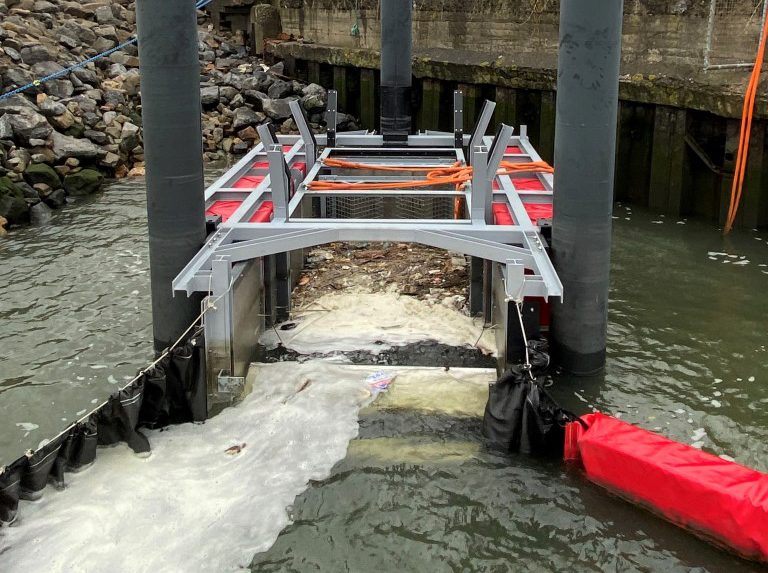Sustainability (old)
As a leading player in the global offshore market, we are concerned about the future of our planet. Respect for the environment, and conducting our operations in a responsible and sustainable manner, are core principles of Allseas. We contribute to maintaining a clean and healthy environment by developing solutions to protect the oceans and marine life, and encourage the use of renewable energy sources.
We continuously assess our operational performance and strive to conduct all our operations in the safest possible way, without harm to our people and the environment. To this end, we are committed to making changes in our operations to reduce our carbon footprint. That means sourcing our energy needs from cleaner, renewable sources and adapting our production processes in such a way that we keep our emissions to a minimum.
River Plastics Removal Project
Working every day at sea, we witness first-hand the devastating impact plastic pollution is having on the world’s oceans and marine life. Plastic pollution is a global problem, and we are committed to the effort to clean our oceans by developing systems to collect waste in rivers and waterways before it flows out to sea and breaks up in micro plastics, affecting sea life and ultimately human health.
We are collaborating with national and local authorities across the Benelux to create systems tailored to specific waterways, and have secured EU financial support in the form of a grant under the LIFE programme, the EU’s funding instrument for environmental and climate action. This allows us to design and deploy sustainable systems to collect waste in waterways, predict hotspots in rivers so we can optimise the efficiency of waste collection systems and advise on post-processing of the collected waste.
So far, our River Plastics Removal team has performed a study about plastic pollution in the Verversingskanaal in Scheveningen, the Netherlands, and developed and installed two plastic waste collection systems; for the Port of Antwerp, Belgium and for the Nieuwe Maas river in Rotterdam, the Netherlands. Both locations are “hotspots” for plastic waste due to wind and currents that drive litter in certain directions. The waste collection systems called “Patje Plastic” and “Catchy” are robust systems that entirely run on wind and current to collect plastic.
We have established our own laboratory to analyse the plastic waste we catch and teamed up with the chemical and biomedical departments of leading universities to investigate micro-plastics. By analysing the collected waste, we are able to establish where it originates from and help ensure that the waste does not end up in the water in the first place.
Allseas is also a proud signatory of the Community of Practice Plastic (CoPP) declaration of intent, an initiative spanning government entities, private companies and educational institutions that aims to boost knowledge of the plastic problem and assess which policy interventions and practical measures work.
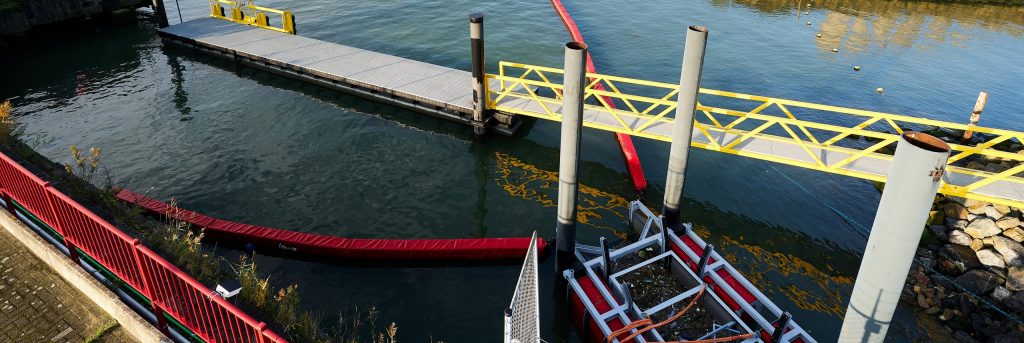
Allseas’ Catchy is put into use in the Vijfsluizerhaven in Schiedam, the Netherlands
Single lift technology
Pioneering Spirit, the largest construction vessel in the world, signifies a step-change in offshore installation and decommissioning. The vessel installs and removes entire platform topsides in a single lift, moving the work to shore where it is safer and quicker.
When it comes to decommissioning decades-old redundant infrastructure, our single-lift approach significantly reduces environmental risks. Unlike conventional means, we do not need lengthy campaigns at sea to separate modules, thereby eliminating the risk of spills. Lengthy periods offshore cleaning process facilities are also avoided. This work can be done at dedicated onshore facilities in a controlled manner.
Saving time at sea also drastically reduces emissions. It can take two summer seasons to remove the largest platforms by conventional means; multiple trips for a lift vessel and its support fleet. Pioneering Spirit emits about 60% less CO2 when installing or removing large platforms, due to the swiftness at which she can do this compared to conventional methods.
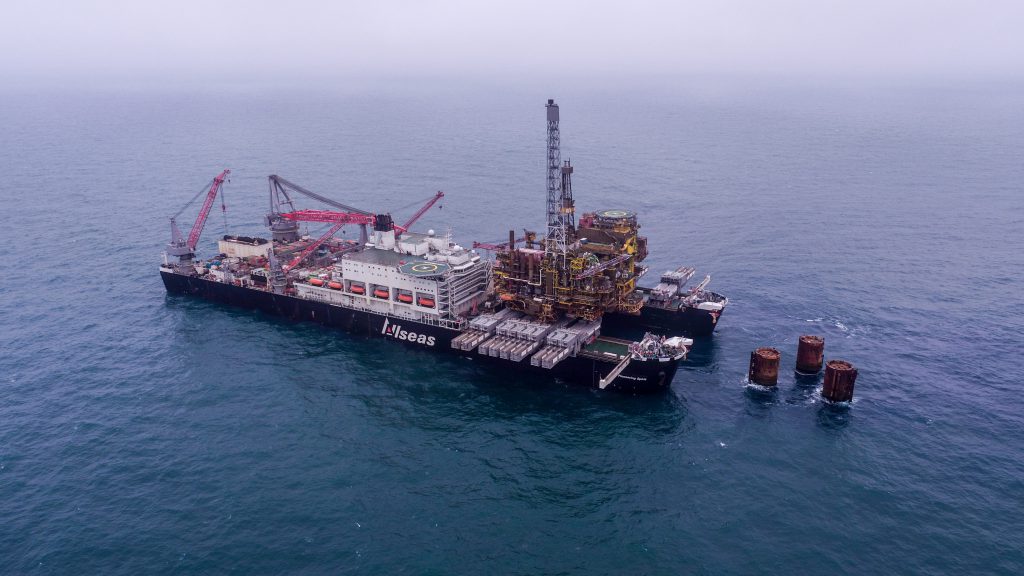
Pioneering Spirit removes the Brent Delta topsides
Wind energy
With its unique 48,000 t single-lift capacity, Pioneering Spirit is perfect for the installation of high-voltage converter platforms. These heavy platforms collect, convert and transmit electricity generated by offshore wind farms to shore via a high-voltage export cable. Onshore, the electricity is converted to alternating current (AC) and introduced into the consumer electricity grid providing thousands of households with sustainable energy.
Apart from playing a key role in installing large offshore transformer stations, we also see a future role for Allseas in the installation of large monopiles and large turbines for the offshore wind industry.
Reducing our carbon footprint
We are constantly looking for new ways to further reduce emissions in our production processes. Across the fleet, we strive to reduce energy consumption as part of an ongoing assessment of our operational performance and efficiency. Vessel emission rates are at a five year low (2019) – testament to our ongoing efforts to identify cleaner fuel alternatives and reduce overall usage.
Through our extensive biofouling management plan, we continuously monitor maintenance, cleaning and repainting of vessel exteriors, ensuring we maximise efficiency in the water. We are also working towards rolling out battery packs to convert vessels to cleaner hybrids, and looking at emissions technologies and smart grid systems to monitor power consumption and optimisation on vessels.

